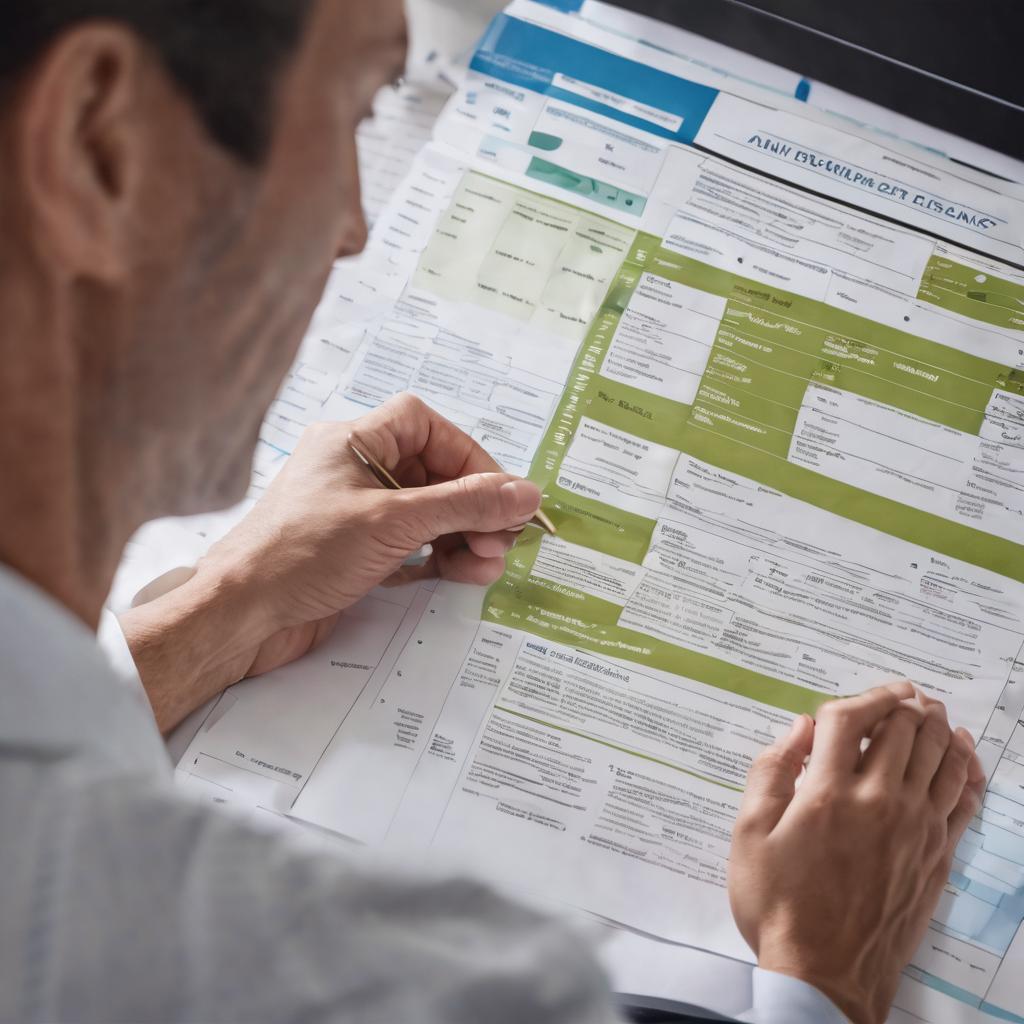Crucial Questions to Ask Before Purchasing Life Insurance

Contents
- 1 Introduction
- 2 What is the purpose of the policy?
- 3 How much coverage do I need?
- 4 How much could I save on premiums?
- 5 Can I afford the monthly payments?
- 6 Is the policy tax deductible?
- 7 What kind of coverage do I need?
- 8 How long will this policy last?
- 9 You should learn as much as you can before buying life insurance.
- 10 Conclusion
Introduction
Before you purchase life insurance, it’s important to understand your options. This is because your ability to buy coverage will depend on a number of factors, including your age, health status and income. If you’re unsure how much coverage you’ll need or how much it will cost, start by asking yourself these questions:
What is the purpose of the policy?
The most common reasons for purchasing life insurance are:
- To provide for dependents if you die. If you have children or other dependents who rely on your income, this can be a good reason to buy a term life insurance policy. You can choose how much coverage they receive based on their needs and how much money they would need to survive without your help.
- To protect against financial loss if someone dies unexpectedly before retirement age (usually 65). If someone in your family has recently retired, then buying them a permanent whole life policy might be a good idea so that they’ll have enough money saved up in case they pass away early–before they’re eligible for Social Security benefits at age 66–and don’t leave behind any debts like mortgages or car payments that need paying off with what remains after taxes are taken out each month from Social Security checks (which aren’t taxed themselves). On top of this potential benefit from investing wisely over time through compound interest growth rates exceeding inflation rates over long periods; there may also be tax advantages associated with using funds invested into these types
How much coverage do I need?
You can’t just assume that the life insurance you have now is enough. How much coverage you need depends on your financial situation and personal preferences.
If you have a family, it’s likely that they will depend on the money from your policy if something happens to you. This means that if they are not able to keep up with their bills or otherwise support themselves financially after losing their source of income (you), then they might need more than just what is currently in place through Social Security or other government assistance programs. Additionally, if there are children involved who require additional care throughout their lives due to special needs (such as physical disabilities), then having extra money available could help out immensely during those times when things get tough financially for everyone involved–even though those situations may only last for a few years at most before everyone adjusts back into normalcy again after some time passes by without incident!
The amount of coverage needed also depends heavily upon how much income comes into play during any given year: For example, someone earning $100k annually would probably need more protection than someone making only $25k per year because there would be less available funds coming out each month after taxes have been taken out first before anything else happens; therefore making sure there’s still plenty left over afterwards means nothing goes wasted later down the road when unforeseen expenses arise unexpectedly which could put strain on even low-income families’ budgets if left unchecked without proper planning ahead beforehand
The amount you could save will depend on your age, health and smoking status. If you are young and healthy, it might be cheaper to pay for coverage as you go. However, if you are older or have a preexisting condition such as diabetes or high blood pressure, it might be better to buy life insurance in a lump sum now so that the premiums are lower over time.
Can I afford the monthly payments?
The most important thing to consider when purchasing life insurance is whether or not you can afford the monthly payments. You might be able to get a great rate and terms on an individual policy, but if you can’t afford the monthly payment, then it’s not worth it.
Also make sure that any riders or endorsements are included in your quote before purchasing a policy because they could significantly increase your premium cost
Is the policy tax deductible?
When considering life insurance, it’s important to consider how much of the cost of your policy will be tax deductible. The answer depends on what type of policy you purchase and how much you pay for it each year.
- Tax-deductible: Some life insurance policies are tax deductible, but only if they are purchased with after-tax dollars. This means that when you purchase these types of policies, any premiums paid out during the year count toward reducing your taxable income for that year–and thus save on taxes owed at filing time. However, this benefit only applies to those who itemize their deductions instead of taking the standard deduction (which is generally higher). If someone else claims them as a dependent during the year they made their premium payment(s), then they won’t be able to claim this benefit either because it would result in double counting under IRS rules; however some states allow dependents’ income/expenses being counted against their parents’ state taxes even though they aren’t technically included on those forms either way due simply because everyone needs health insurance coverage one way or another!
- Taxable Income Reduction: In contrast with above example where premiums count toward reducing taxable income before calculating whether or not someone qualifies based off dollar amounts alone; another type allows us all access regardless where we live by allowing us keep more money flowing through our accounts instead paying huge amounts upfront every month like most companies do charge today.”
What kind of coverage do I need?
There are two types of life insurance: term and whole life. Term life insurance is a good option if you need coverage for a limited period of time, such as to cover your mortgage payments or other debts. Whole life insurance is typically used by people who want to save money for retirement, but it can also be used as a secondary source of income after your death (if certain conditions are met).
- What type do I need? It depends on your needs and goals–but don’t forget about cost!
How long will this policy last?
The length of time you need your life insurance policy to last will depend on several factors, including:
- How old you are
- How many children and other dependents you have to support
- Your income level (if any)
You should learn as much as you can before buying life insurance.
Life insurance is a big decision, and you should take the time to shop around for the best deal. Be sure to ask questions before signing up, and don’t be afraid to walk away if you don’t like the answers.
Conclusion
In the end, it’s important to remember that there are many different kinds of life insurance. You can buy a policy that will pay out when you die, or one that pays out if you become disabled or ill. You can even get coverage for scenarios like a spouse who dies before retirement age or children who need care after losing both parents at once. All of these options have their pros and cons–but if you take the time to understand them all before making any decisions, then hopefully this article has helped guide your way!






